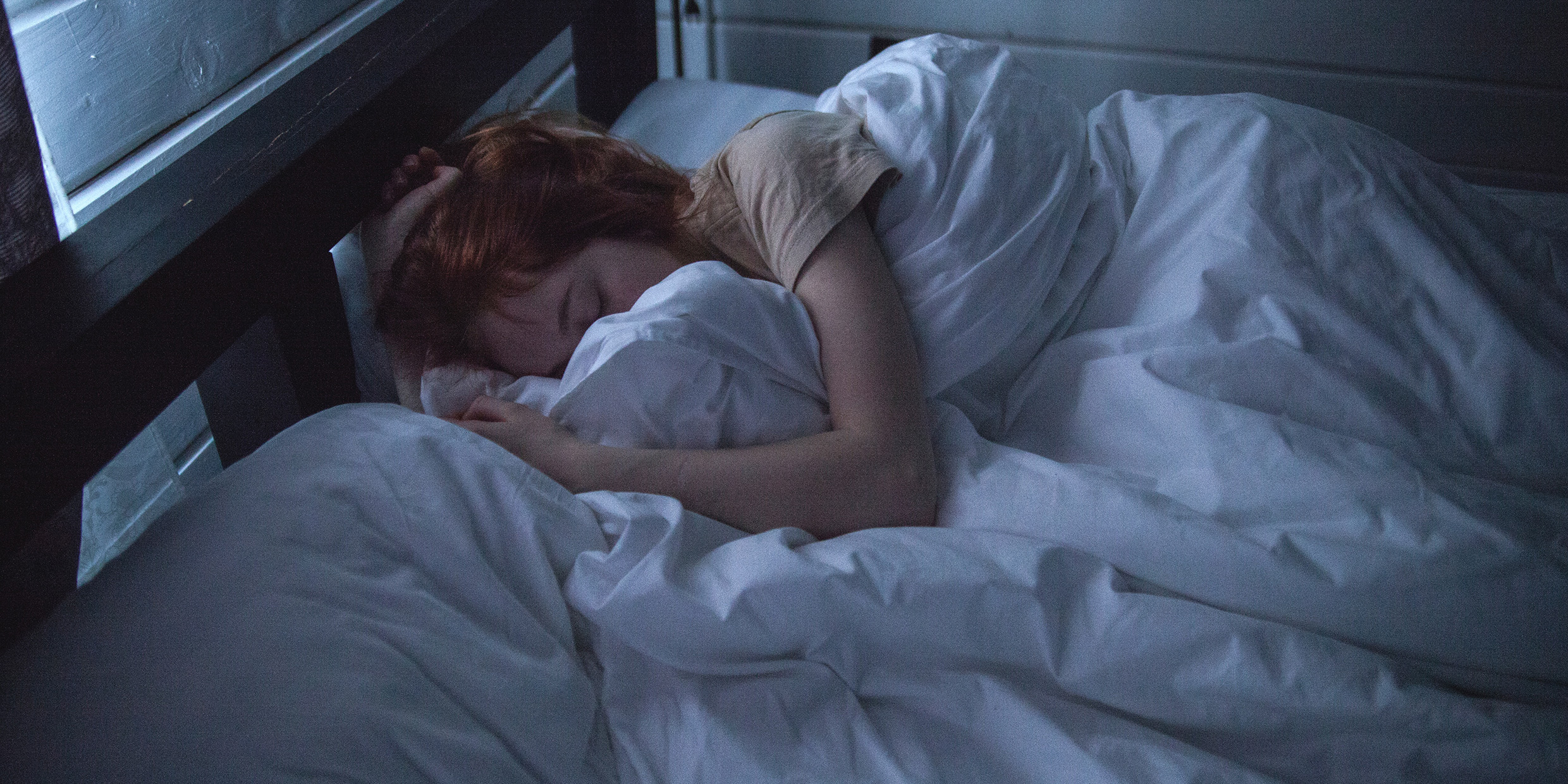Originally published 19 September 1988
The title jumped off the new-book shelf at the college library — a volume called Why We Sleep.
Not the perennially interesting question — Why Do We Sleep? — but the declarative promise of an answer — Why We Sleep. And the answer was promised with some authority; the volume bore the imprint of Oxford University Press.
But the promise is a sham. By the third sentence of the book, British author/sleep researcher James Horne confesses bluntly: “Of course, I do not have the answer to why we sleep, as too much is still unknown.”
So once again we are left in the dark. One-third of our lives is spent sleeping and no one knows why. Horne sums it up this way: “Despite 50 years of research, all we can conclude about the function of sleep is that it overcomes sleepiness, and the only reliable finding from sleep deprivation experiments is that sleep loss makes us sleepy.”
Two centuries ago Samuel Johnson said the same thing in more somnolent language: “No searcher has yet found either the efficient or final cause [of sleep]; or can tell by what power the mind and body are thus chained down in irresistible stupefaction; or what benefits the animal receives from this alternate suspension of its active powers.”
Watching and wondering
Pursuing the mysteries of sleep, the mountain of science has labored mightily and brought forth a mouse. Nay, not just a mouse, but thousands of mice, rats, puppies, chimpanzees, dolphins, and drowsy undergraduates, all allowed to sleep or kept awake, and watched — watched by eager researchers keen to discover why we sleep, to no avail.
There is no scarcity of theories: sleep restores the body; sleep restores the brain; sleep conserves energy; sleep occupies unproductive time; sleep passes the scary hours of darkness; sleep is for dreaming. No theory has yet found convincing experimental support. I asked the teenager at our house why teens sleep so much; he said “Ya don’t havta think,” and that theory is probably as good as any other.
Sleep research usually takes one of two forms. In the first, the sleeper’s brain waves, brain temperature, eye movements, and muscle tone (among other functions) are monitored electrically. In the second, the subject is deprived of sleep to see what happens.
The first line of research has demonstrated that normal sleep occurs in cycles and stages, usually four cycles a night and at several levels of oblivion defined by changes in the brain’s electrical activity. In each cycle there is an interval of sleep when the eyes twitch under closed lids, called REM (rapid eye movement) sleep.
Half-asleep dolphins
REM sleep is the darling of sleep researchers, probably because it accompanies dreams. But what is the brain doing in REM sleep? And why do we dream? Rats have REM sleep; do they dream too? Some dolphins sleep with half of their brain at a time; does the sleeping half dream while the other half is awake? The questions are endless, but answers are few.
Sleep deprivation experiments have proved equally unfruitful. Pity the poor rats forced to run on motorized treadmills; if they nod off to sleep they tumble head over heels. One classic piece of apparatus uses a rotating paddle to push into water the hapless rat that dares to doze.
Sleep deprived rats die within a week or two, but careful autopsies have not made clear the cause of death. Maybe the little fellows die just to escape the rigors of the experiment.
Humans show no serious impairments after a week of wakefulness. A seventeen-year-old schoolboy named Randy Gardner set the record by staying awake for 11 days; toward the end of the experiment he turned into a bit of a zombie, but quickly recovered after a long night’s sleep.
Lab shelves sag beneath volumes of data, yet no one has discerned that sleep has any clear biological function. Then what evolutionary pressure selected this curious behavior that forces us to spend a third of our lives unconscious? Sleeping animals are more vulnerable to predation. They have less time to search for food, to eat, to find mates, to procreate, to feed their young. As Victorian parents told their children, sleepyheads fall behind — in life and evolution.
University of Chicago sleep researcher Allan Rechtschaffen asks “How could natural selection with its irrevocable logic have ‘permitted’ the animal kingdom to pay the price of sleep for no good reason?” Sleep is so apparently maladaptive that it is hard to understand why some other condition did not evolve to satisfy whatever need it is that sleep satisfies.
Unless we have missed something, says Rechtschaffen, sleep is the biggest mistake evolution ever made.
The breakthrough that will solve the riddle of sleep is yet to come. In the meantime, we fall happily into bed at night to knit our raveled sleeves of care. The worries of the day and terrors of the wakeful night are relieved by the balm of sleep. Like the kid said, “Ya don’t havta think.”




There’s actually a newer book with the same title, “Why We Sleep” by Matthew Walker, PhD. And it answers most of these questions with confidence from current research. I consider an essential read for everyone.